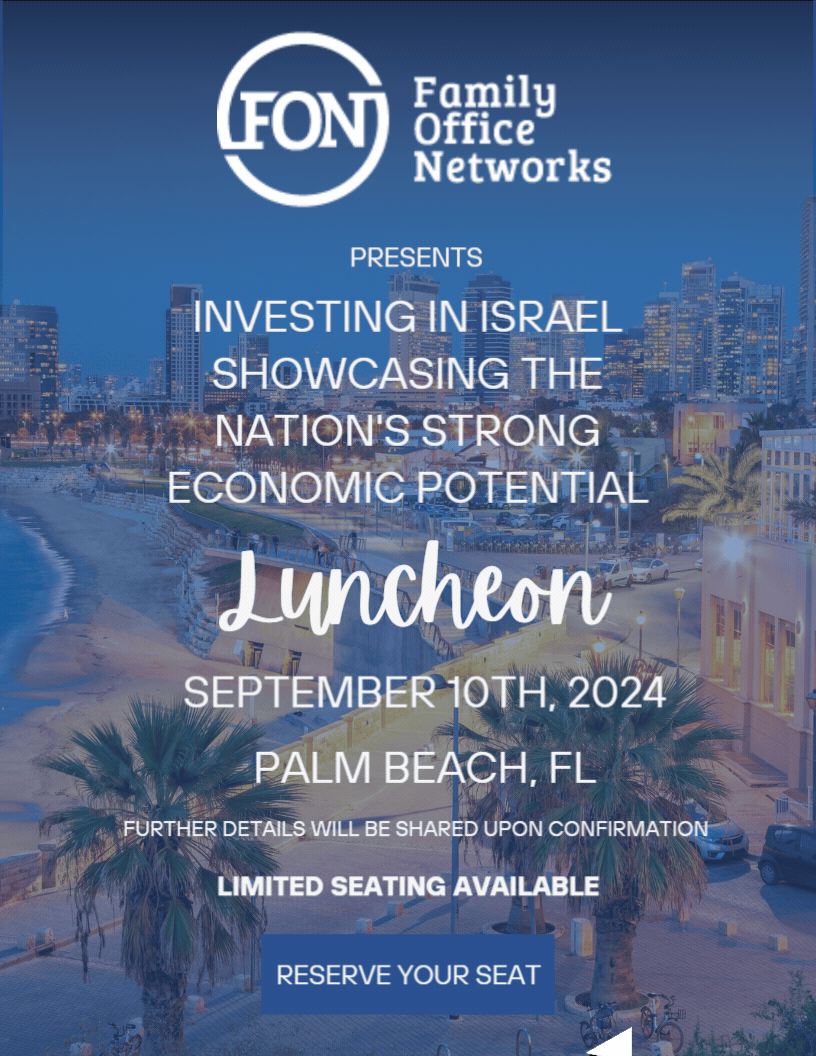As the U.S. edges closer to a high-stakes election, the wealthiest families and private investors are feeling the heat. Market volatility, sector-specific downturns, and evolving economic policies are putting pressure on even the most diversified portfolios. Simultaneously, family offices are grappling with strategic losses in traditional and emerging markets, forcing them to reassess their investment strategies.
The Challenges of Market Volatility in an Election Year
Elections invariably bring uncertainty, which tends to amplify market volatility. For family offices managing the wealth of some of the nation’s richest families, this volatility is particularly concerning. The Walton family, for instance, with its substantial holdings in Walmart, faces potential fluctuations in retail and consumer goods sectors, which are sensitive to changes in economic policies such as minimum wage laws, tariffs, and taxation.
Moreover, the tech sector—where many wealthy families and private investors are heavily invested—has been particularly volatile. Tech giants like Amazon, Apple, and Google have seen their stock prices swing dramatically due to concerns over regulatory scrutiny, anti-trust lawsuits, and global supply chain disruptions. These companies, long considered safe bets, now pose a higher risk as their future growth and profitability come under question.
Real Estate: From Safe Haven to High-Risk Venture
Real estate has traditionally been a cornerstone of wealth for many of America’s richest families. However, recent trends in commercial real estate have turned this once-stable investment into a potential liability. The COVID-19 pandemic’s long-term impact on office spaces and the shift towards remote work have resulted in high vacancy rates and declining property values, particularly in urban centers.
Families like the Trumps and Kushners, who have significant real estate portfolios, are experiencing the brunt of these changes. With fewer businesses renting office space and the potential for increased property taxes depending on election outcomes, the commercial real estate sector is facing an uncertain future. Even residential real estate in certain markets is not immune, as rising interest rates—another byproduct of election-year economic policies—could dampen the housing market and reduce returns on investment properties.
Energy Sector Investments: A Double-Edged Sword
Energy investments, particularly in fossil fuels, have historically been a lucrative area for wealthy families like the Kochs. However, as the world moves towards greener energy solutions, traditional energy investments are increasingly seen as risky. The fluctuating oil prices, coupled with political pressure for environmental policies, have created an uncertain outlook for fossil fuel investments.
The upcoming election could further exacerbate these challenges. A political shift towards more aggressive climate policies could lead to stricter regulations on oil and gas, reducing profitability and increasing operational costs for energy companies. This, in turn, would impact the returns on investments for those with significant stakes in these industries.
Cryptocurrency: The Rise and Fall of Digital Gold
Cryptocurrency, once hailed as the new frontier for wealth creation, has become a rollercoaster for investors. High-profile private investors like the Winklevoss twins have seen their fortunes fluctuate wildly as the value of major cryptocurrencies like Bitcoin and Ethereum has experienced dramatic highs and lows. The collapse of major platforms like FTX has further shaken investor confidence.
As the election approaches, regulatory scrutiny of cryptocurrencies is likely to increase. Both major political parties have expressed concerns over the unregulated nature of digital assets, and new regulations could be on the horizon. For family offices with significant exposure to cryptocurrency, this regulatory uncertainty adds another layer of risk, potentially leading to further losses in an already volatile market.
Private Equity and Venture Capital: The Long Road to Recovery
Private equity and venture capital have been popular investment vehicles for the ultra-wealthy, offering high returns through strategic investments in startups and emerging industries. However, the current economic climate has slowed the pace of deals and exits, leading to lower-than-expected returns. Families like the Pritzkers, who have deep ties to private equity, are now facing the challenge of navigating an increasingly cautious investment environment.
The cooling of the venture capital market is particularly pronounced in sectors like fintech and biotech, which were once hotbeds of innovation and growth. Rising interest rates, coupled with a more risk-averse investment climate, have made it difficult for startups to secure funding or achieve successful exits. This has led to lower valuations and longer holding periods for investments, tying up capital and reducing liquidity for family offices.
The Election’s Impact on Tax and Regulatory Policies
Tax policy is another area of concern for family offices as the election nears. Changes in capital gains tax, estate tax, or income tax rates could significantly impact the after-tax returns on their investments. For instance, a significant increase in capital gains tax could lead to a sell-off of assets before the new rates take effect, potentially driving down market values.
Regulatory risks are also a major concern, particularly in industries like healthcare, financial services, and technology. Family offices with substantial investments in these sectors might face increased compliance costs or changes in the competitive landscape, further eroding profitability.
Strategic Adjustments and the Path Forward
In response to these challenges, many family offices are re-evaluating their investment strategies. Diversification, once the cornerstone of risk management, is no longer sufficient in the face of sector-specific downturns and broad market volatility. Instead, family offices are increasingly looking towards alternative investments, such as sustainable energy, infrastructure, and impact investing, to hedge against the risks associated with traditional asset classes.
Moreover, liquidity management is becoming a key focus, with family offices seeking to maintain flexibility in their portfolios to quickly adjust to changing market conditions. This may involve increasing cash reserves or reallocating investments into more liquid assets.
As the election looms, the wealthiest families and private investors in the United States are navigating a complex and challenging investment landscape. By staying informed and agile, they hope to protect their fortunes and continue growing their wealth, despite the uncertainties that lie ahead.
















